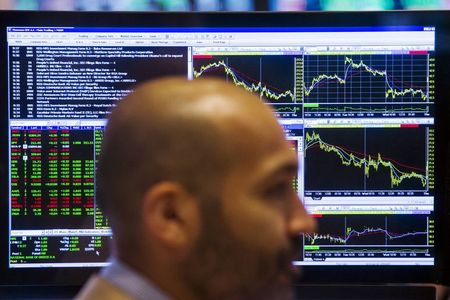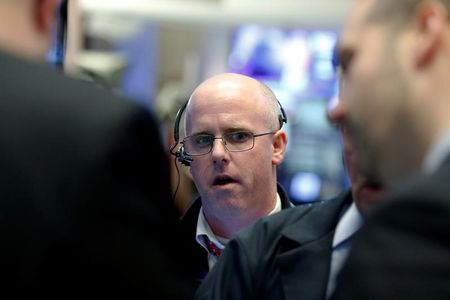Follow us on LinkedIn
High-frequency trading (HFT) is a type of algorithmic trading that uses computer programs to place orders at very fast speeds. High-frequency traders use sophisticated algorithms to analyze market data and make trades based on their predictions. These traders typically trade in large volumes of shares and use very short-term strategies.
High-frequency trading requires a lot of capital and investment in IT infrastructure. In order to be profitable, high-frequency traders need to have an edge over the competition. This can be achieved through faster execution speeds, superior algorithms, or access to better information.
Despite the significant investment required, high-frequency trading can be extremely profitable. In 2012, a study by the TABB Group estimated that high-frequency trading firms accounted for 73% of all US equity trading volume.
High-frequency trading has come under scrutiny in recent years due to its role in market disruptions. In 2010, the “Flash Crash” occurred when high-frequency traders began selling off their positions en masse, leading to a rapid decline in the stock market. Thus, high-frequency trading has become a controversial practice in recent years. Some people believe that it gives an unfair advantage to the traders who use it, while others argue that it helps to create a more efficient market.
Reference [1] formally examined the impact of HFT on modern security markets. It pointed out,
In this paper, we show that the IT-systems used by HFTs indeed have a positive effect on the overall market (measured by market quality) and consequently all market participants. This comes despite the fact that only a subset of market participants, i.e., HFTs, invest in such IT-systems. Therefore, these investments and trading systems provide a positive spillover to the rest of the market…
Our results confirm the results of previous studies (e.g., Hasbrouck and Saar 2013) and indicate positive effects of HFT on liquidity and volatility measured along a variety of dimensions. The positive impact on volatility, however, is less distinct than the positive impact on liquidity.
Moreover, our results show that markets do not collapse when HFTs as a significant group of market participants lose their primary market access. Nevertheless, trading becomes more costly for all market participants and volatility increases when HFTs are unable to trade at low latency.
In short, high-frequency trading has a positive impact on the security markets.
What do you think? Let us know in the discussion forum.
References
[1] Benjamin Clapham, Martin Haferkorn and Kai Zimmermann, The Impact of High-Frequency Trading on Modern Securities Markets, Bus Inf Syst Eng, 2022.
Further questions
What's your question? Ask it in the discussion forum
Have an answer to the questions below? Post it here or in the forum




